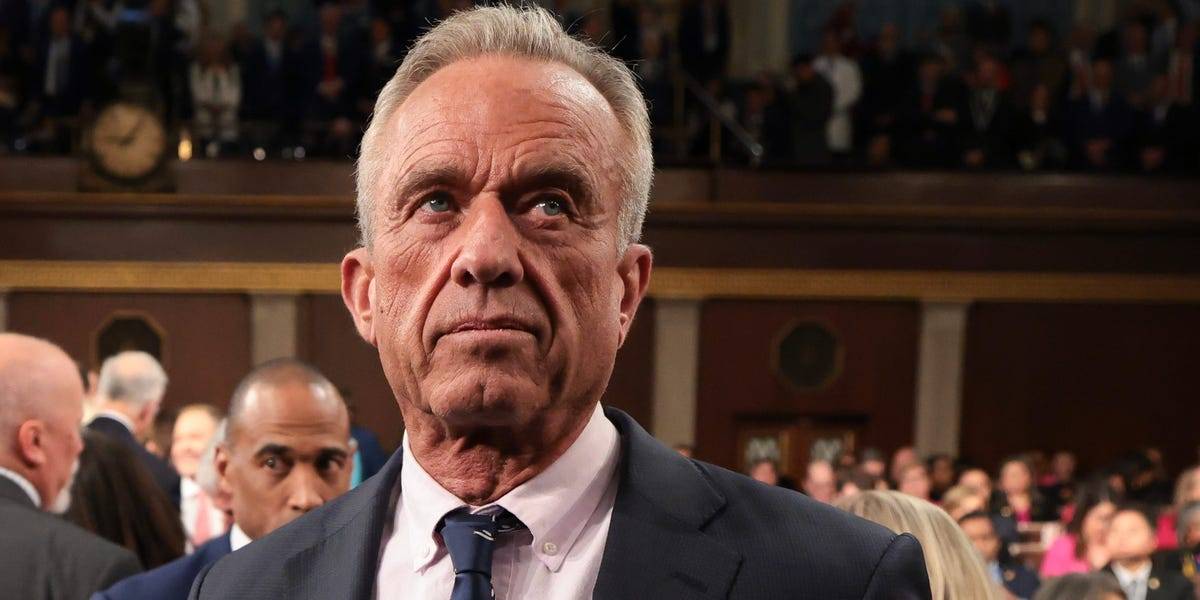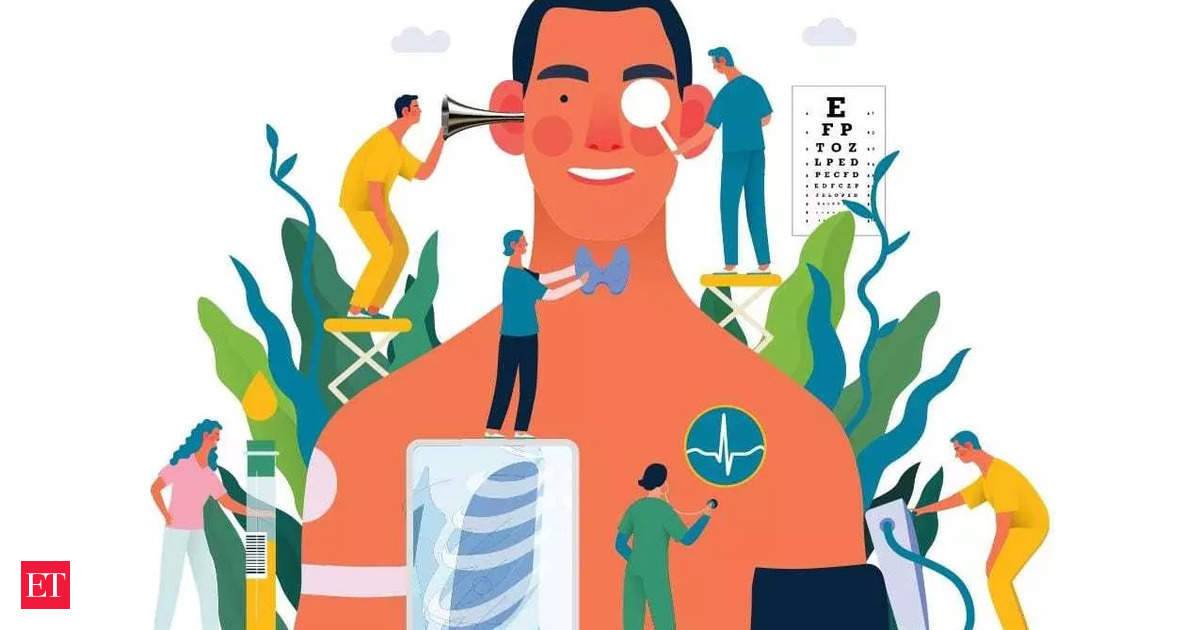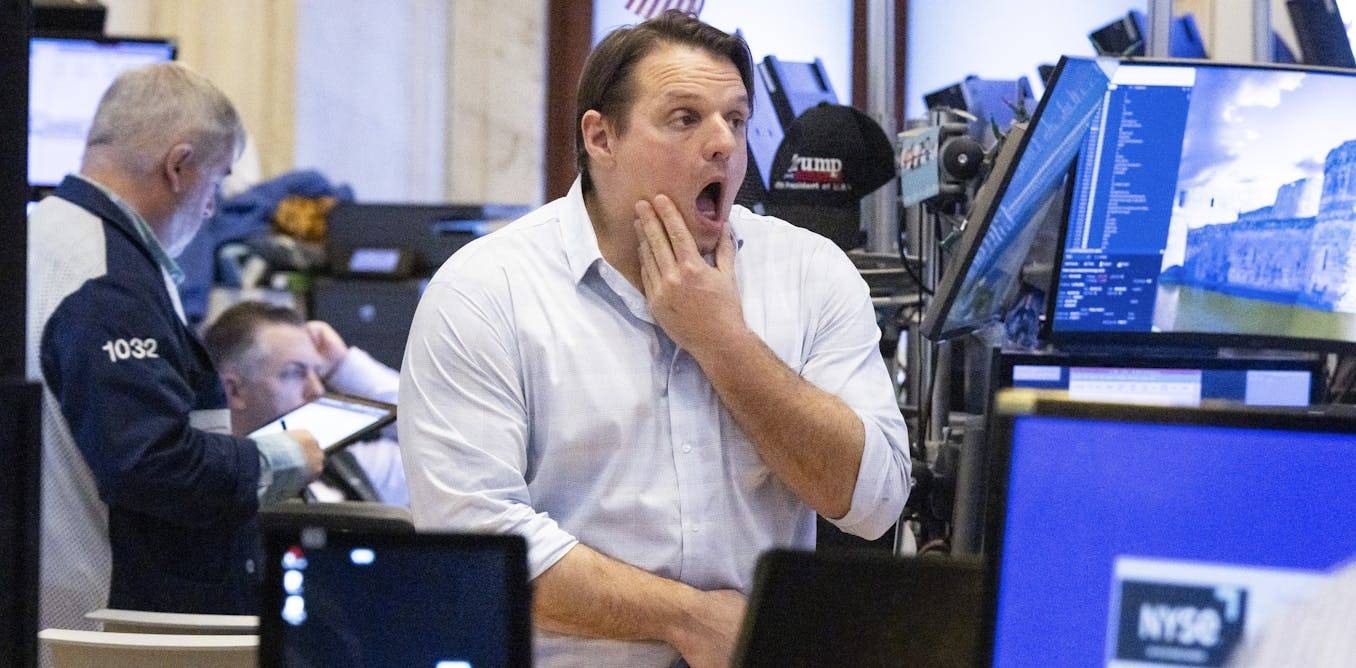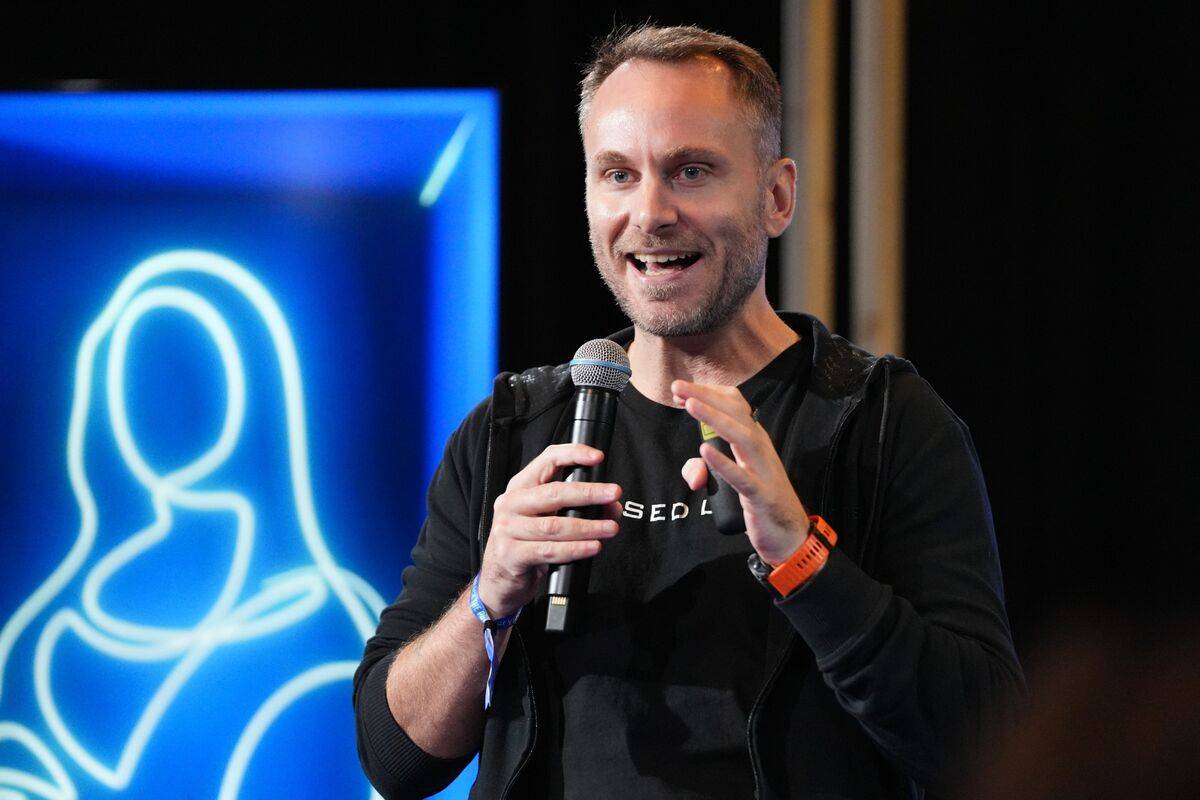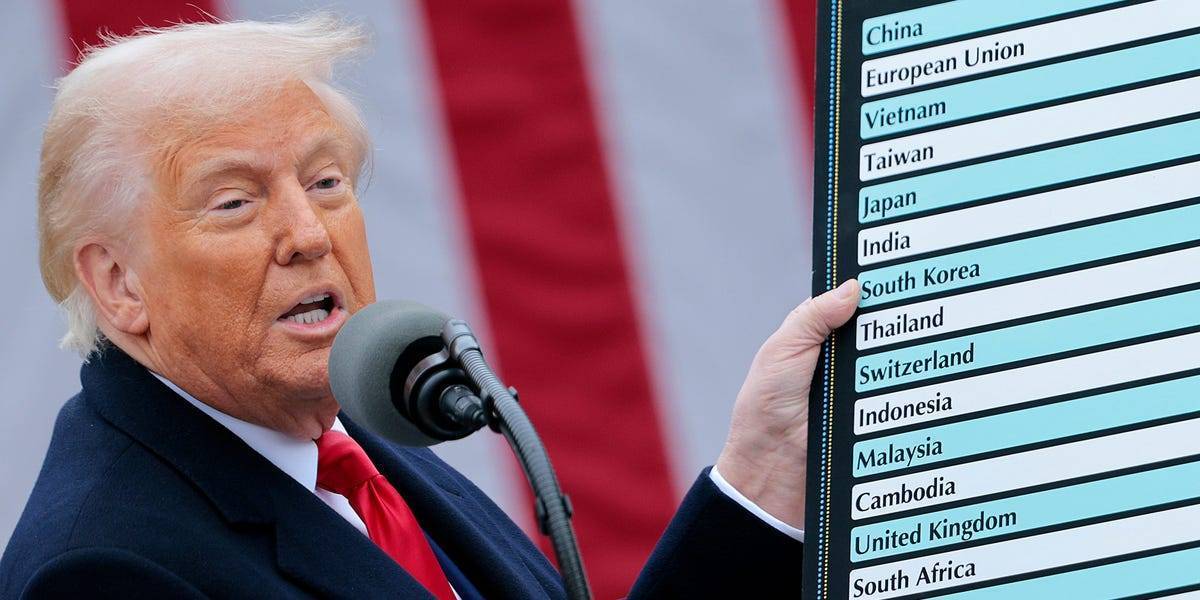RFK Jr Measles Vaccine Stance Shifts Amid Texas Outbreak
When seven-year-old Miguel developed a high fever followed by an alarming rash spreading across his body, his mother Lucia felt a fear she never expected to face in 2025. Her son had contracted measles in Corpus Christi, Texas – part of a growing outbreak that has now infected dozens. “I thought these diseases were history,” Lucia told me, her voice breaking. “Now my son is suffering, and I wonder if this could have been prevented.”
This outbreak has prompted a surprising pivot from presidential candidate Robert F. Kennedy Jr., who recently encouraged parents to vaccinate their children against measles amid the growing Texas crisis. This marks a significant shift for Kennedy, who has long been associated with anti-vaccine advocacy and who previously questioned the safety of the MMR (measles, mumps, and rubella) vaccine.
“If I was in Texas, I would get my child vaccinated,” Kennedy stated in an interview with NBC News, responding directly to the outbreak that began in Corpus Christi and has since spread. His statement came after Texas health officials confirmed multiple cases in children under 10 years old.
Medical Perspective on the Outbreak
Dr. Samantha Westfield, infectious disease specialist at Houston Memorial Hospital, explains the gravity of the situation. “Measles is one of the most contagious diseases we know. One infected person can spread it to 15 others who aren’t immune. The MMR vaccine is 97% effective after two doses, which is remarkable protection.”
The Texas outbreak highlights a troubling national trend. Vaccination rates have fallen below the 95% threshold needed for community protection in many areas. In some Texas counties, MMR vaccination rates have dropped below 80% – creating perfect conditions for the virus to spread rapidly.
Kennedy’s Changing Position
Kennedy’s comments represent a notable departure from his previous positions. In 2021, his organization, Children’s Health Defense, published content questioning vaccine safety and promoting the debunked theory linking vaccines to autism. His sudden endorsement of vaccination in this specific scenario has raised eyebrows among both supporters and critics.
“It’s a welcome statement, but it comes with significant contradictions,” notes Dr. Michael Osterholm, director of the Center for Infectious Disease Research and Policy. “The same vaccine Kennedy is now recommending for Texas children is available and necessary everywhere. The virus doesn’t recognize state lines.”
Public Health Implications
Health policy expert Regina Thompson from the National Public Health Institute points to the broader implications. “When public figures make inconsistent statements about vaccines, it creates confusion. Parents deserve clear, evidence-based guidance about protecting their children.”
For families like Lucia’s, these debates have real consequences. Miguel spent four days hospitalized with complications including pneumonia – a common and dangerous measles complication. “The doctor told me if we’d been vaccinated, this almost certainly wouldn’t have happened,” Lucia shared.
The CDC continues to emphasize that the MMR vaccine has an exceptional safety record spanning decades. The agency recommends children receive their first dose at 12-15 months and a second dose at 4-6 years.
As public health officials work to contain the Texas outbreak, the incident serves as a stark reminder of what’s at stake in our vaccine conversations. When protection rates drop, diseases once considered defeated can come roaring back with devastating consequences.
Will Kennedy’s partial endorsement of vaccination help stem the tide of vaccine hesitancy he has previously fueled? The answer remains unclear. What is certain is that for families facing measles in Texas today, the theoretical debates about vaccination have become painfully real.
Learn more about vaccine-preventable diseases and current public health challenges facing American communities.

